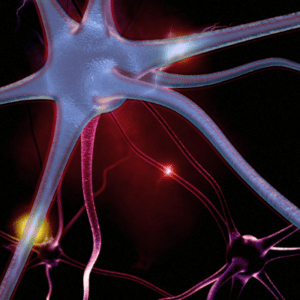Nerve compression also known as a “pinched nerve” occurs when excess pressure is applied to an area of the body and the nerve’s function is impaired. Nerves extend from your brain and spinal cord, sending important messages throughout your body. If you have a pinched nerve your body may send you warning signals such as pain.
 Nerve compression can occur almost anywhere in the body, but most commonly the wrist, arms, back and neck are affected. Damage from a pinched nerve may be minor or severe. In most cases, it does not require medical attention, but some severely pinched nerves may cause chronic and debilitating pain.
Nerve compression can occur almost anywhere in the body, but most commonly the wrist, arms, back and neck are affected. Damage from a pinched nerve may be minor or severe. In most cases, it does not require medical attention, but some severely pinched nerves may cause chronic and debilitating pain.
The earlier you seek a diagnosis and receive treatment for nerve compression, the more quickly you will find relief.
What Causes It?
Anything that puts pressure on your nerve and the surrounding tissue can cause nerve compression. It often occurs when the nerve is pressed between tissues such as:
- Ligament
- Tendon
- Bone
Conditions or factors that can cause a pinched nerve include:
- Injury
- Repetitive motions
- Obesity
- Stress
- Arthritis
- Staying in one position for a prolonged period of time
- Sports
Symptoms
Symptoms can vary greatly – from mild, sharp, severe, dull. The most common symptom is pain, but other signs of nerve compression include:
- Numbness
- A “pins and needles” sensation
- Tingling
- Muscle weakness
- Decreased sensation
Treatment
There are many different treatment options available for nerve compression, depending on the symptoms and cause. Some treatment options include:
- Rest
- Wearing a brace or splint
- Physical therapy
- Surgery
Don’t wait to get the help you need for your pinched nerve! Contact the specialists at Commonwealth Spine & Pain for all your pain management needs.
